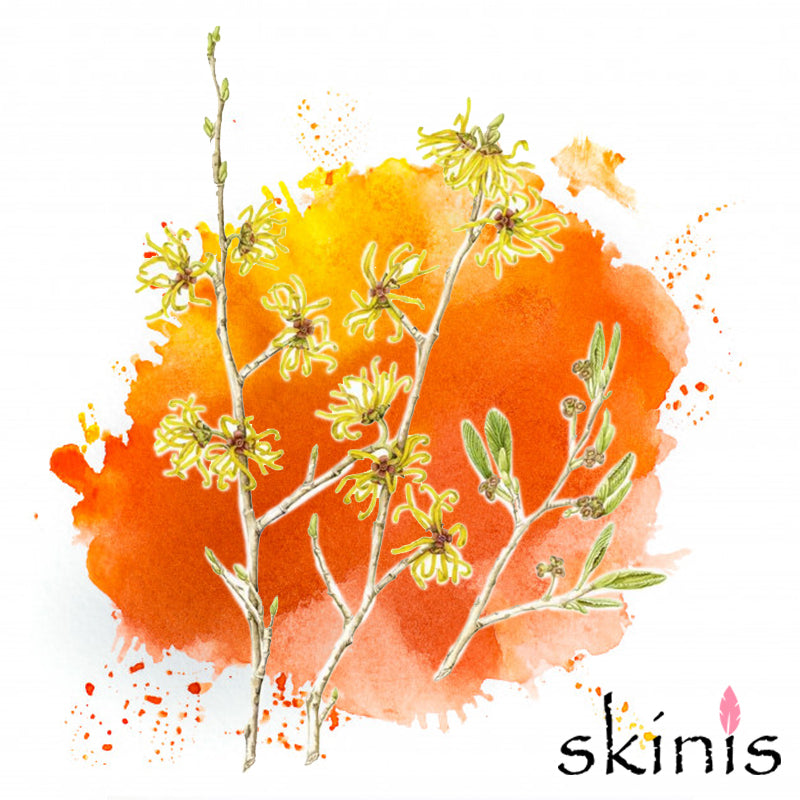Should you be using witch hazel to combat acne? Nowadays, we have more options when it comes to toners as well as natural plant-based options, like witch hazel. Witch hazel, a natural toning ingredient, rode the clean beauty wave and is now popular again in the beauty community. But what is it exactly?
What is Witch Hazel?
Witch hazel is a plant. The leaf, bark, and twigs are used to make medicine. You may see a product called witch hazel water (Hamamelis water, distilled witch hazel extract). This is a liquid that is distilled from dried leaves, bark, and partially dormant twigs of witch hazel.
This extract is then usually mixed with alcohol and purified water. It can also be combined with other skin-conditioning ingredients such as aloe and rosewater. Alcohol-free, water-based preparations of witch hazel as well as lotions, creams and ointments are also available.
Benefits for Acne-prone skin
Witch hazel contains many compounds with potent anti-inflammatory properties, including gallic acid and tannins. Thanks to its powerful anti-inflammatory properties, research suggests that witch hazel could be useful in the treatment of acne. It acts as an astringent, causing your tissues to contract to help shrink pores, while also soothing your skin and relieving inflammation.
This may prevent acne-causing bacteria from infecting your skin. For this reason, witch hazel is commonly added to many over-the-counter acne products and is especially useful for individuals with oily skin.
The best natural facial and body soap for Acne-prone skin
To gently clear the skin with natural ingredients, choose Skinis' Natural Witch Hazel + BHA facial and body soap. The entire Skinis Natural Witch Hazel collection has been carefully formulated for the needs of those with acne-prone skin, and this soap is no exception.
Skinis' Natural Witch Hazel + BHA facial and body soap harnesses the natural hydrating powers of witch hazel Extract and BHA to reduce inflammation while a blend of BHA leave skin feeling moisturized and oil-free.

